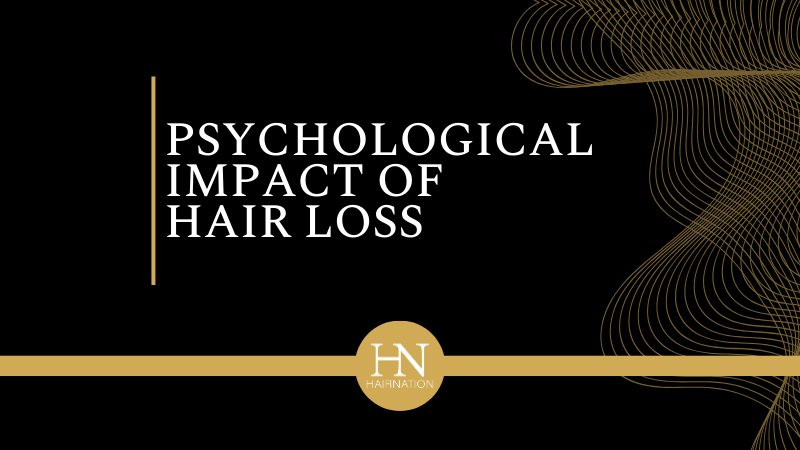- About
- Causes
- Procedures
- Treatments
- Before/Afters
- Pricing
- Transplant Financing
- FREE Consult
- Search Site

Hair loss significantly impacts psychological well-being, often leading to decreased self-esteem, social withdrawal, and increased anxiety and depression. It's a deeply personal issue, tied to identity and societal perceptions of beauty and vitality. Women, in particular, may feel a profound loss of femininity. However, hair transplant procedures offer a hopeful solution. These medical advancements not only restore hair but also help rebuild lost confidence and self-worth. By addressing hair loss, individuals can embark on a healing journey, enhancing their mental health and social engagement. The article emphasizes the importance of understanding the emotional challenges of hair loss and the transformative potential of hair transplants in restoring not just physical appearance, but also mental and emotional well-being.
Hair, often regarded as a symbol of personal identity and beauty, plays a crucial role in an individual's self-image. The loss of hair, whether due to genetics, health conditions, or other factors, can be a source of deep emotional and psychological distress. The significance of hair in our society cannot be overstated, as it often influences how we perceive ourselves and how we believe others perceive us. Understanding the psychological impact of hair loss is essential for empathizing with those who experience it and for appreciating the potential life-changing benefits that hair transplant procedures can offer.
Yes, modern techniques ensure natural-looking results by transplanting hair in the same direction and pattern as your existing hair.
Yes, hair transplants are considered a permanent solution because the transplanted hair is resistant to the hormones that cause hair loss.
Hair growth usually starts within a few months, but it can take 6-12 months to see full results as the transplanted hair thickens and matures.
Hair loss is not something you have to accept. Effective and lasting solutions for hair loss for men and women are available. Through a comprehensive consultation, HairNation delivers accurate and insightful diagnosis and advanced hair restoration treatment strategies to guide you on your journey to complete and transformative hair restoration.
Contact us today by filling out the contact form below or by calling us at 1 (587) 952-8844. Complimentary virtual consultations are available for those inquiring about hair transplants, and for all other hair loss inquiries, complimentary in-person consultations are available.